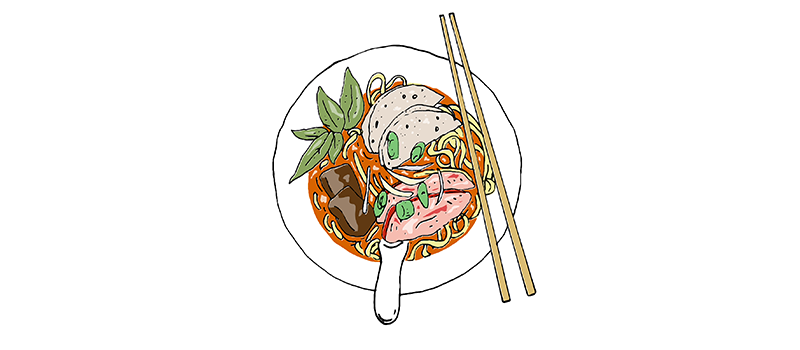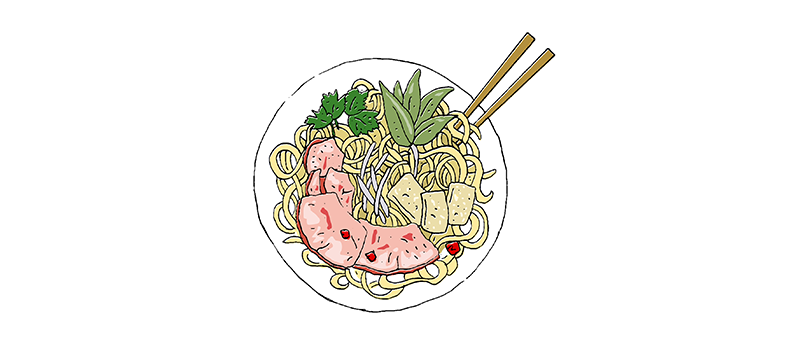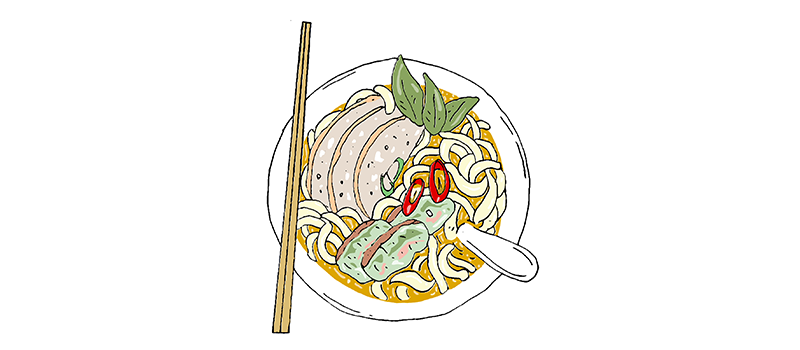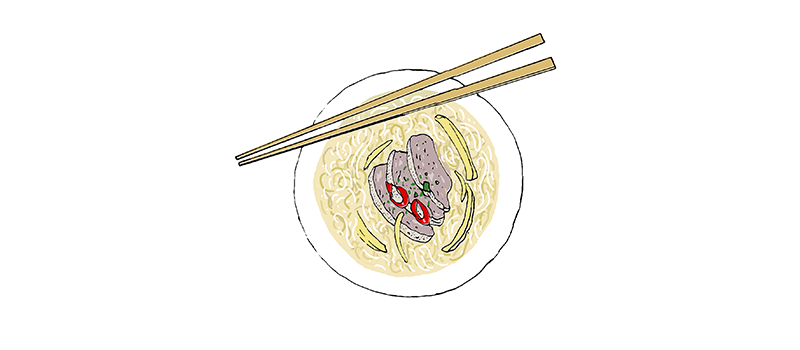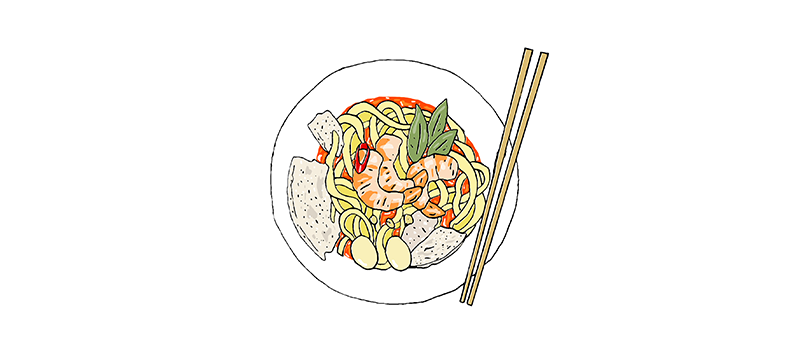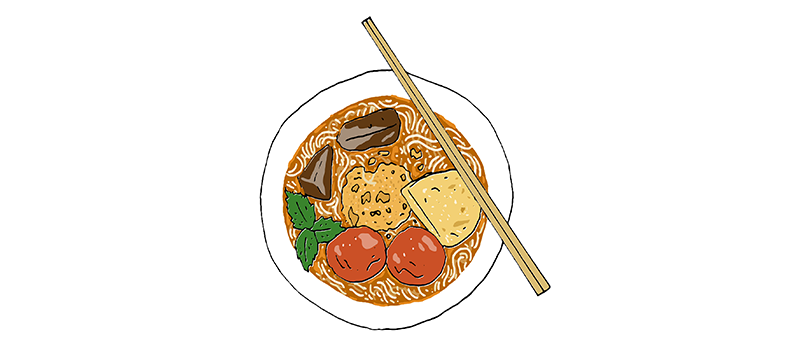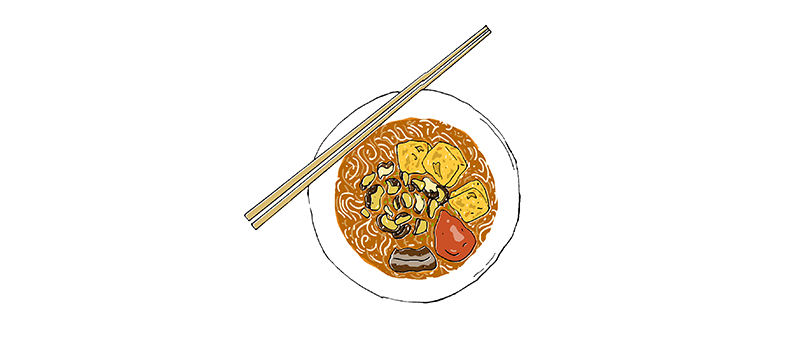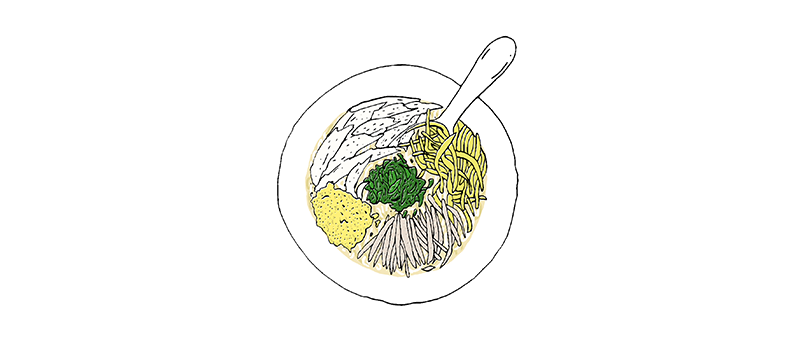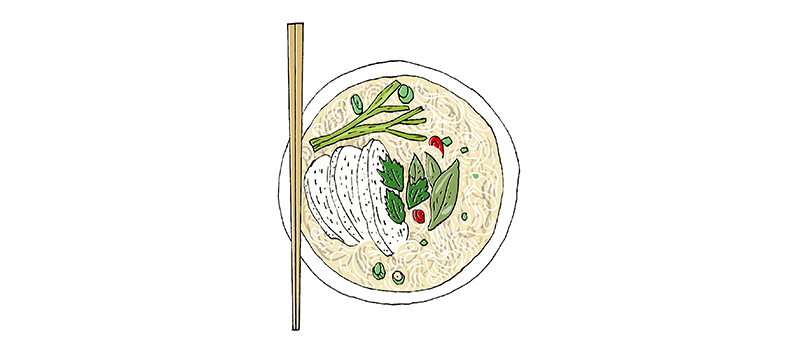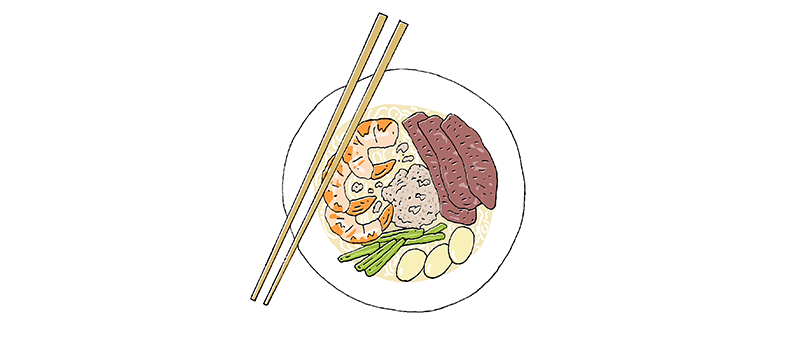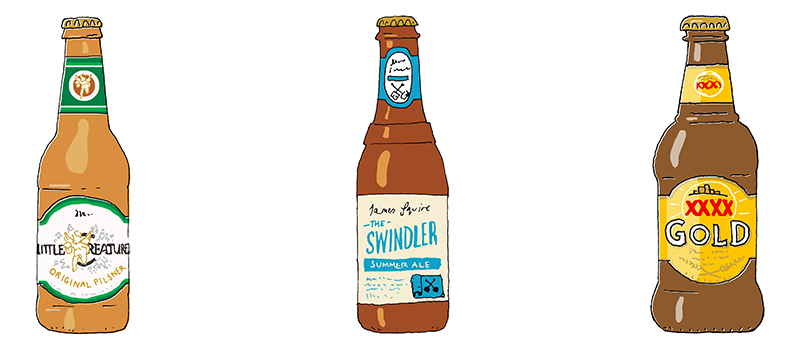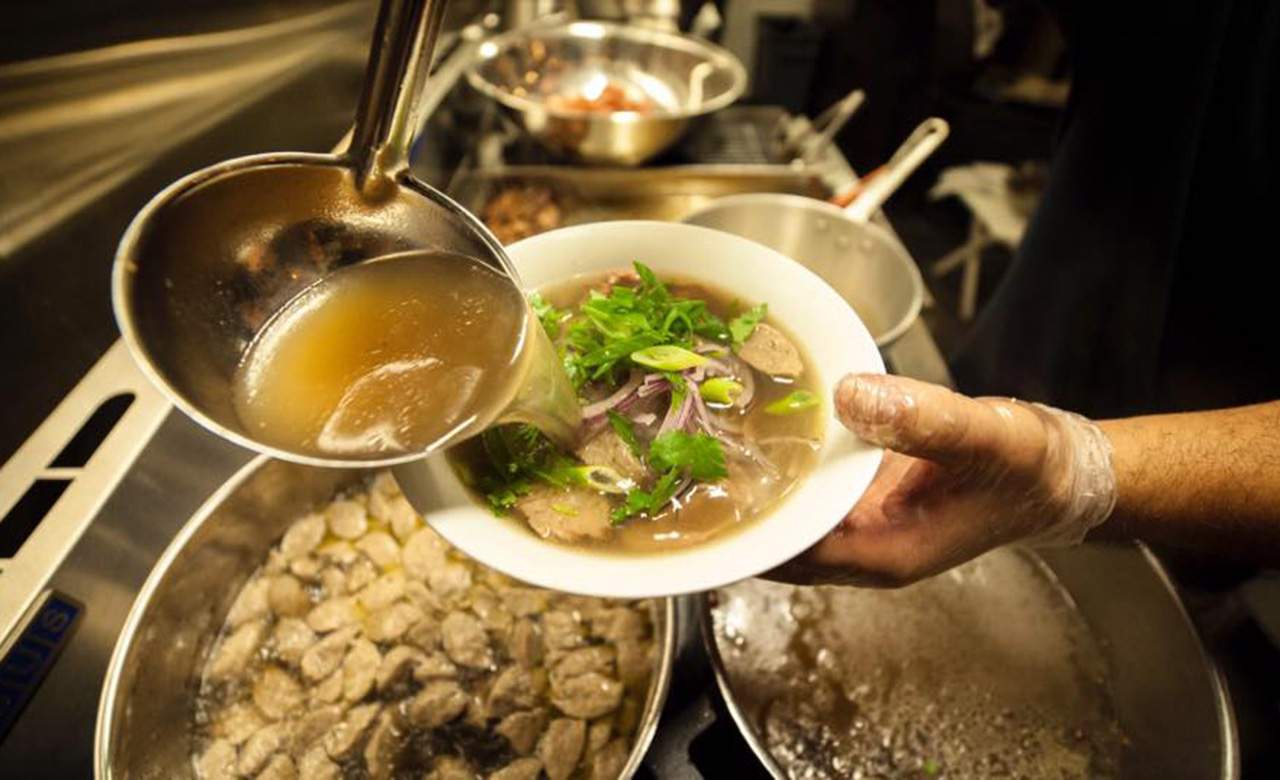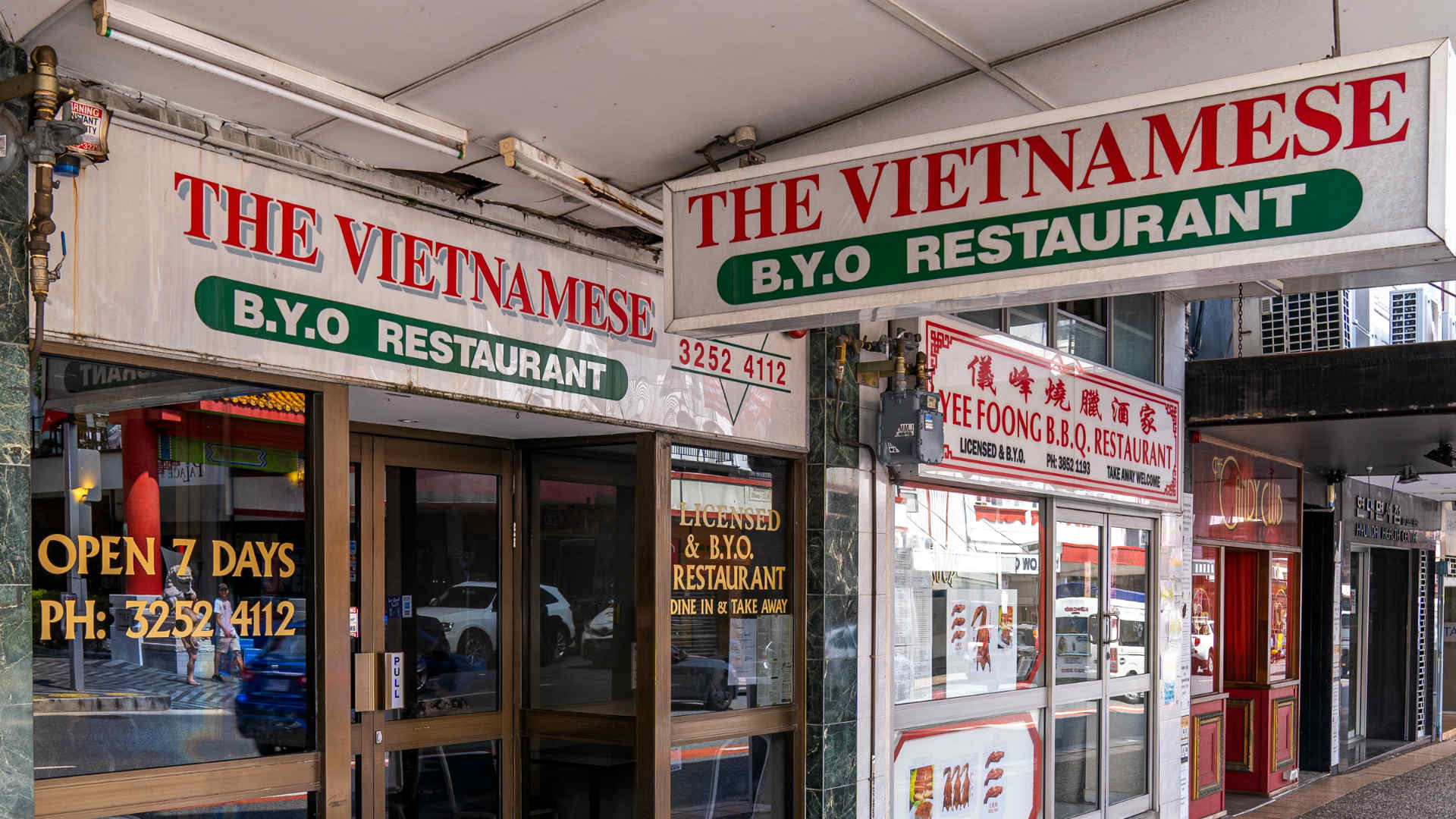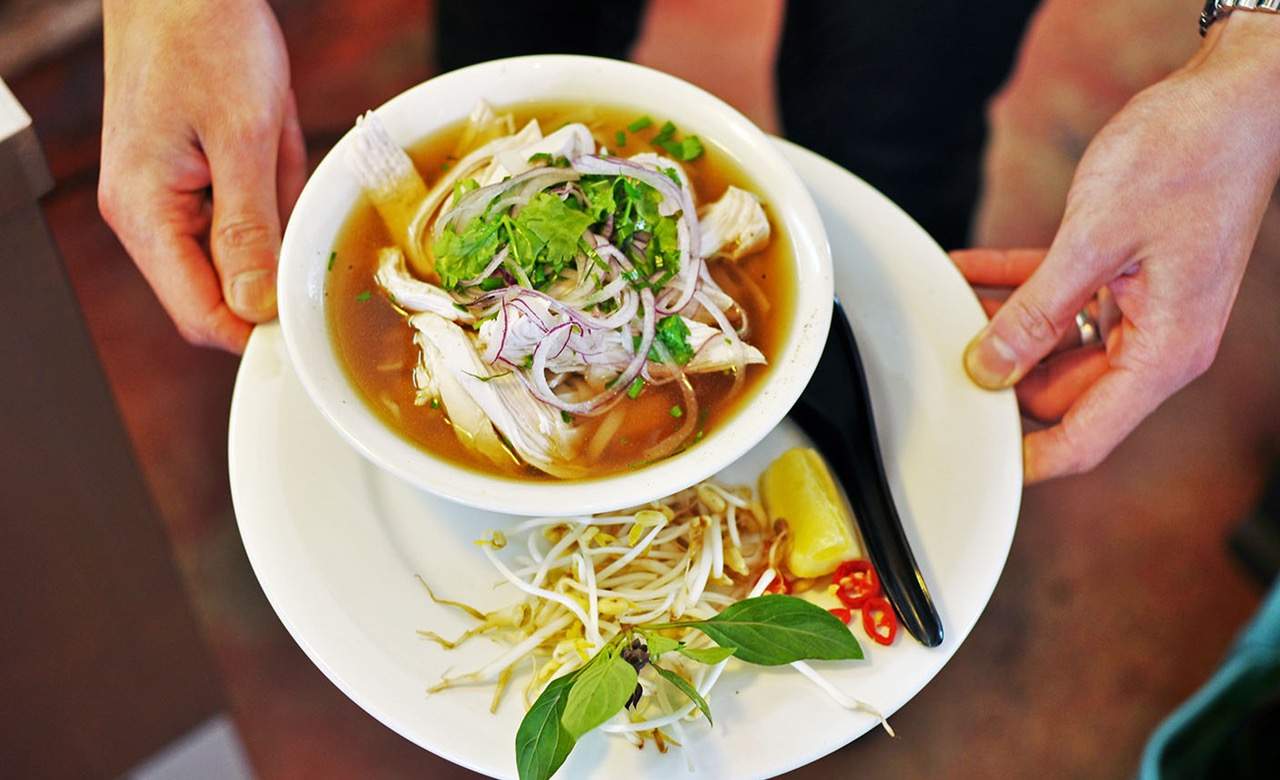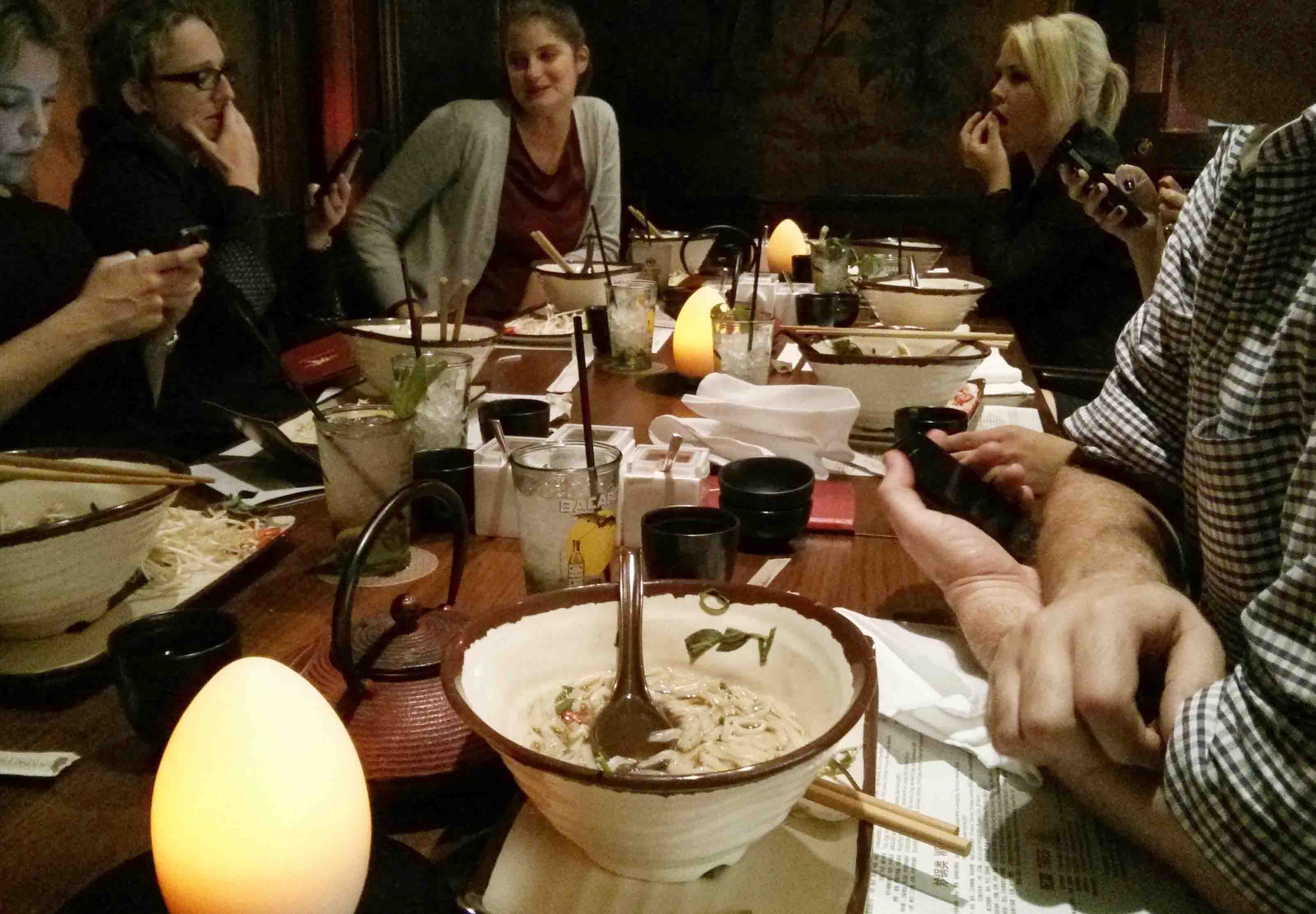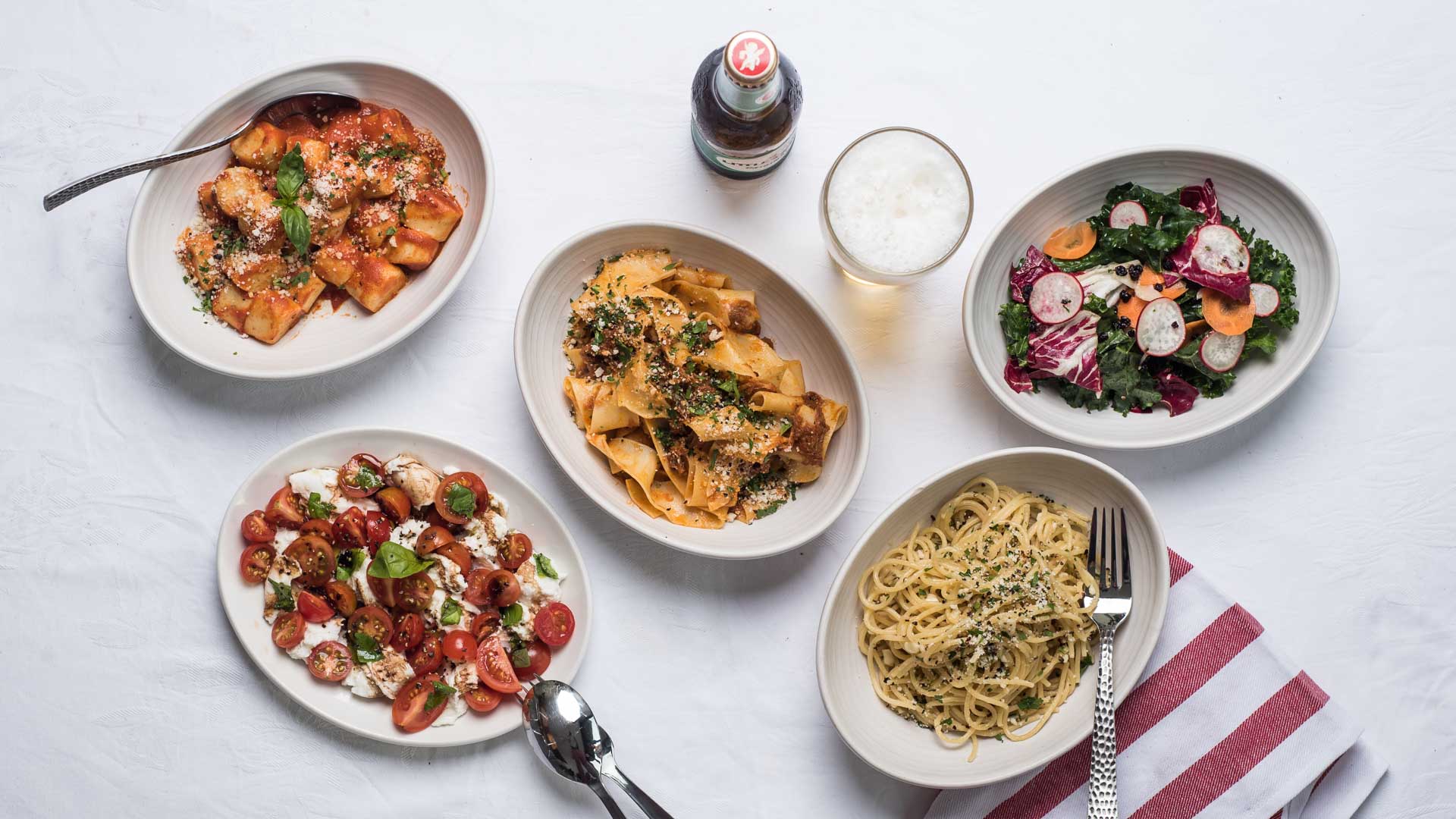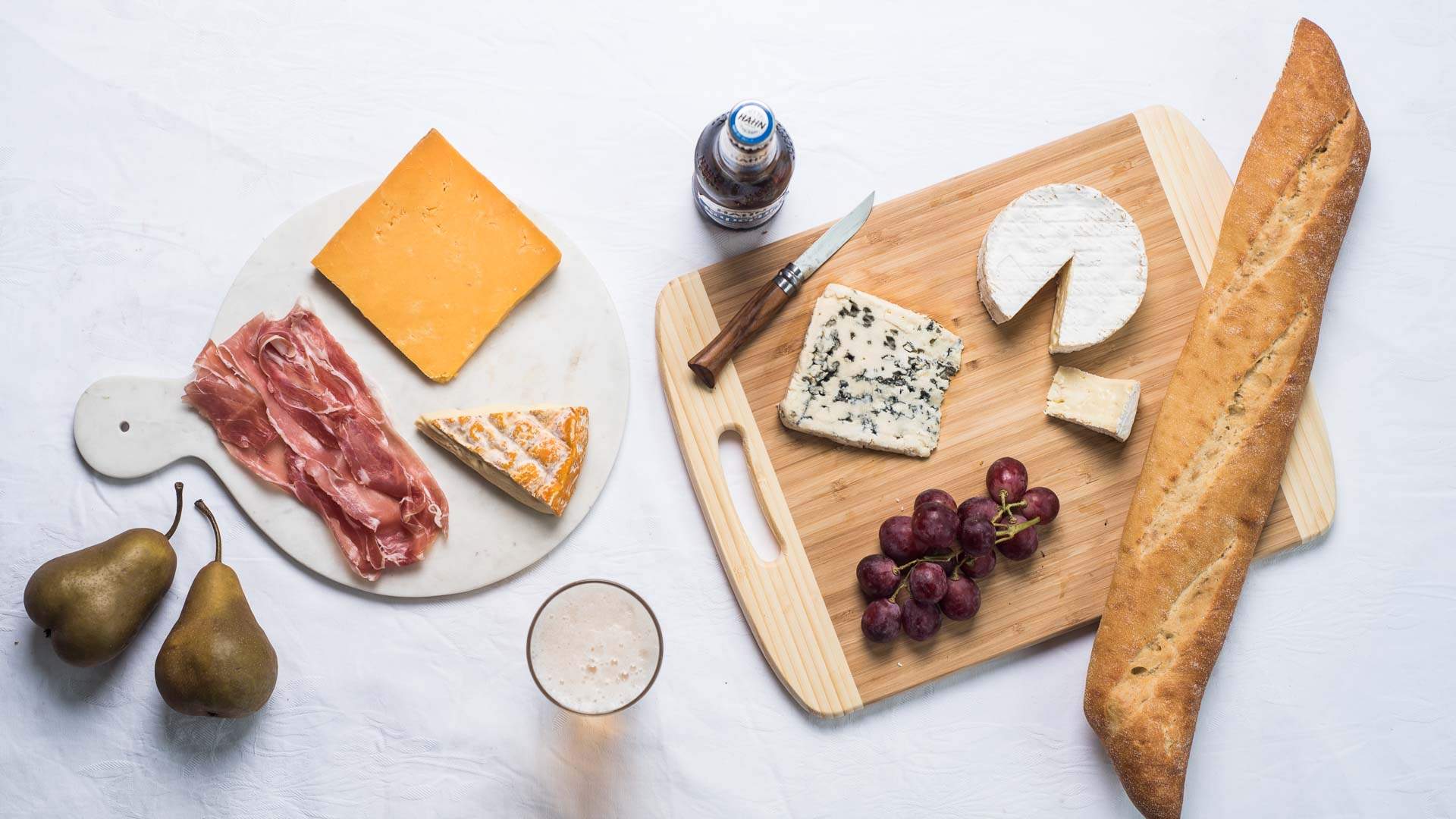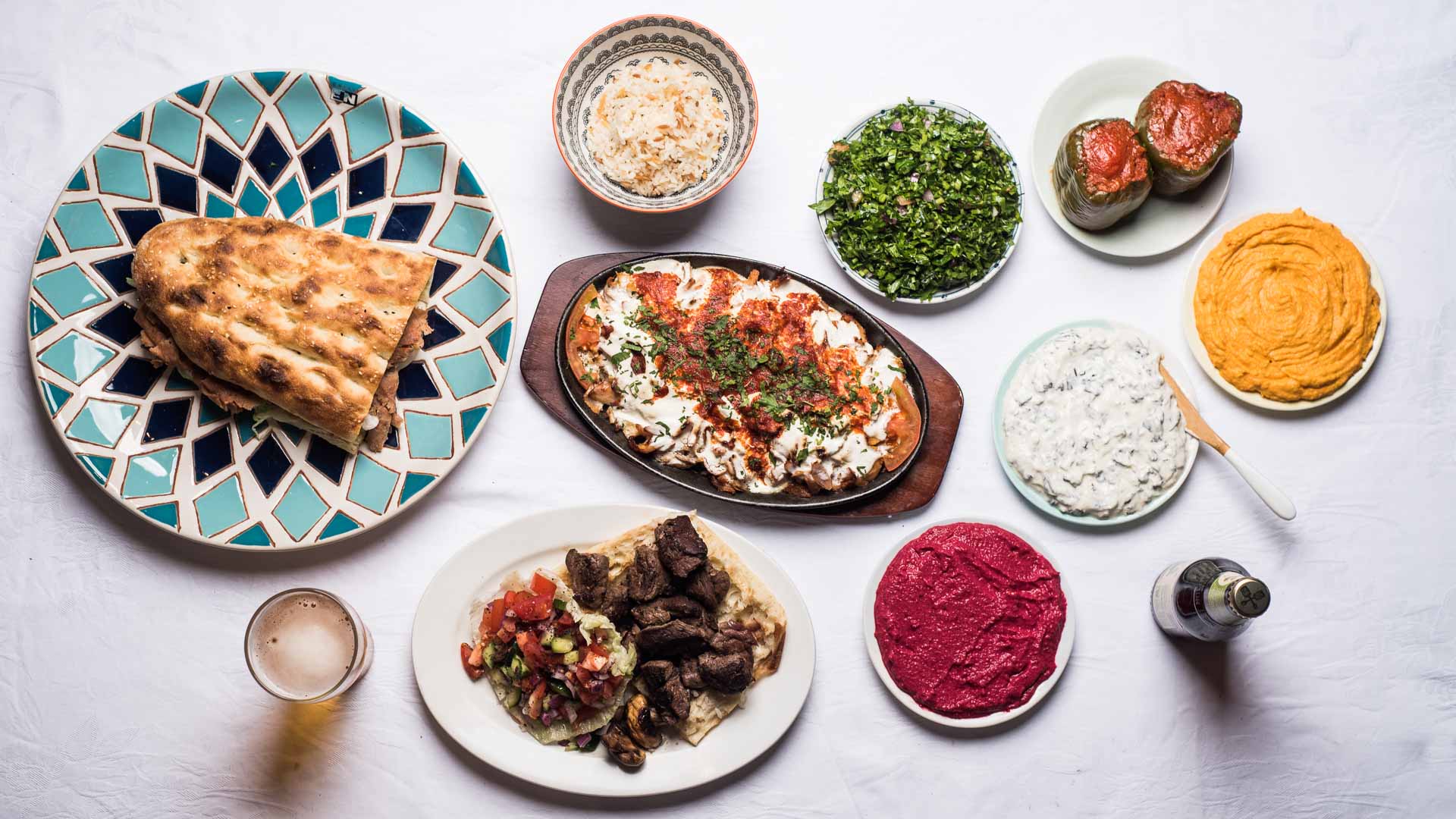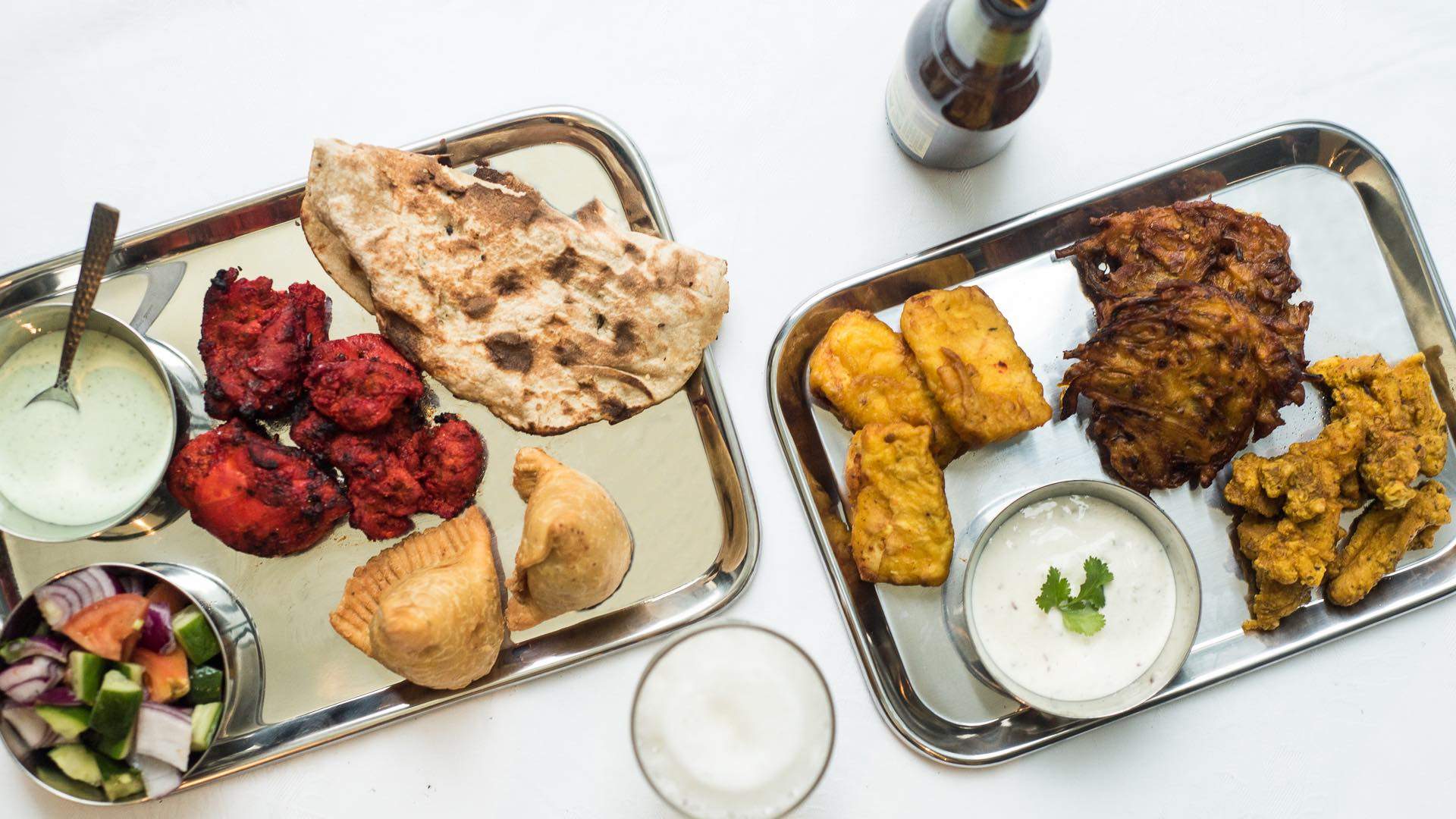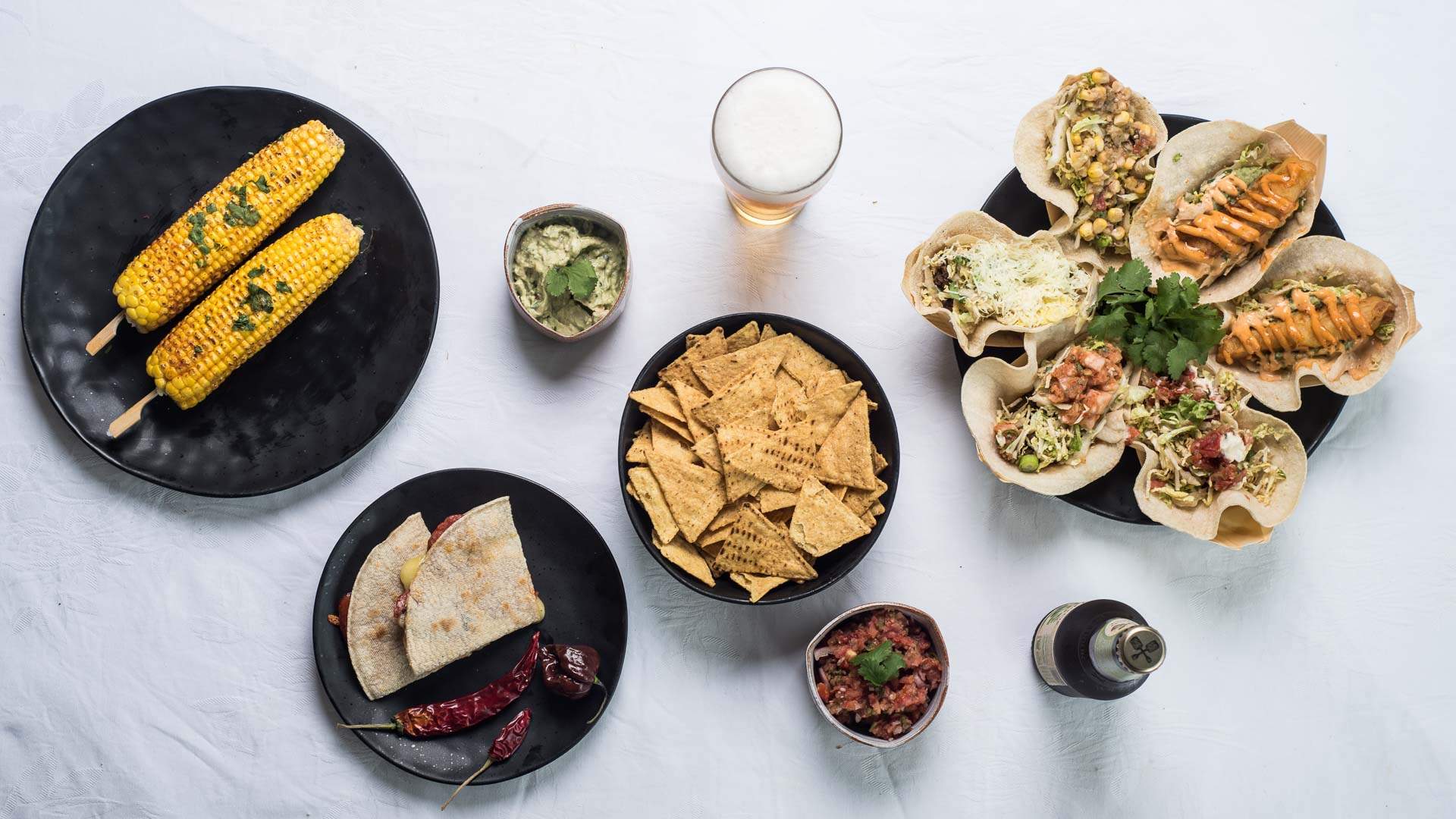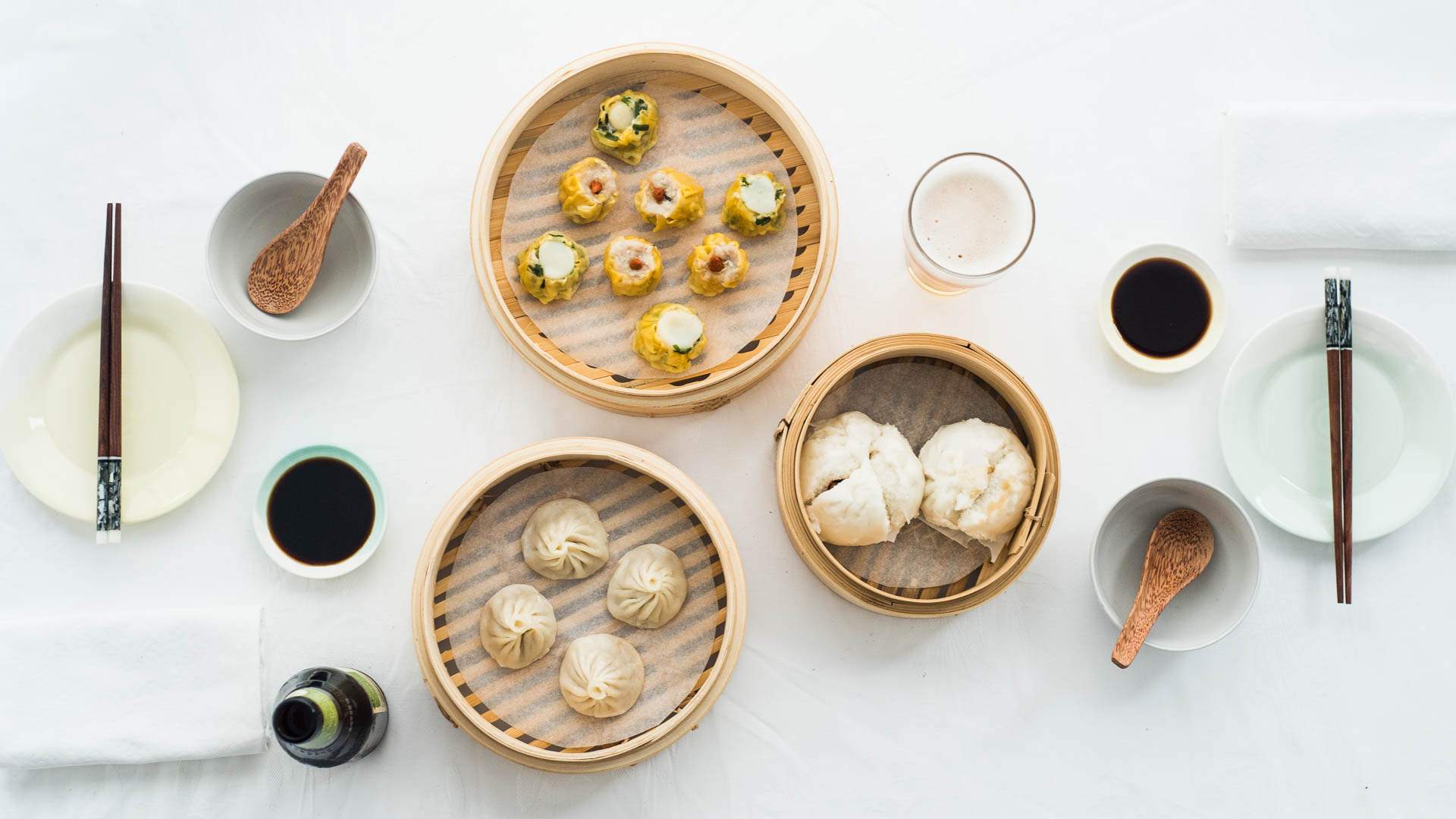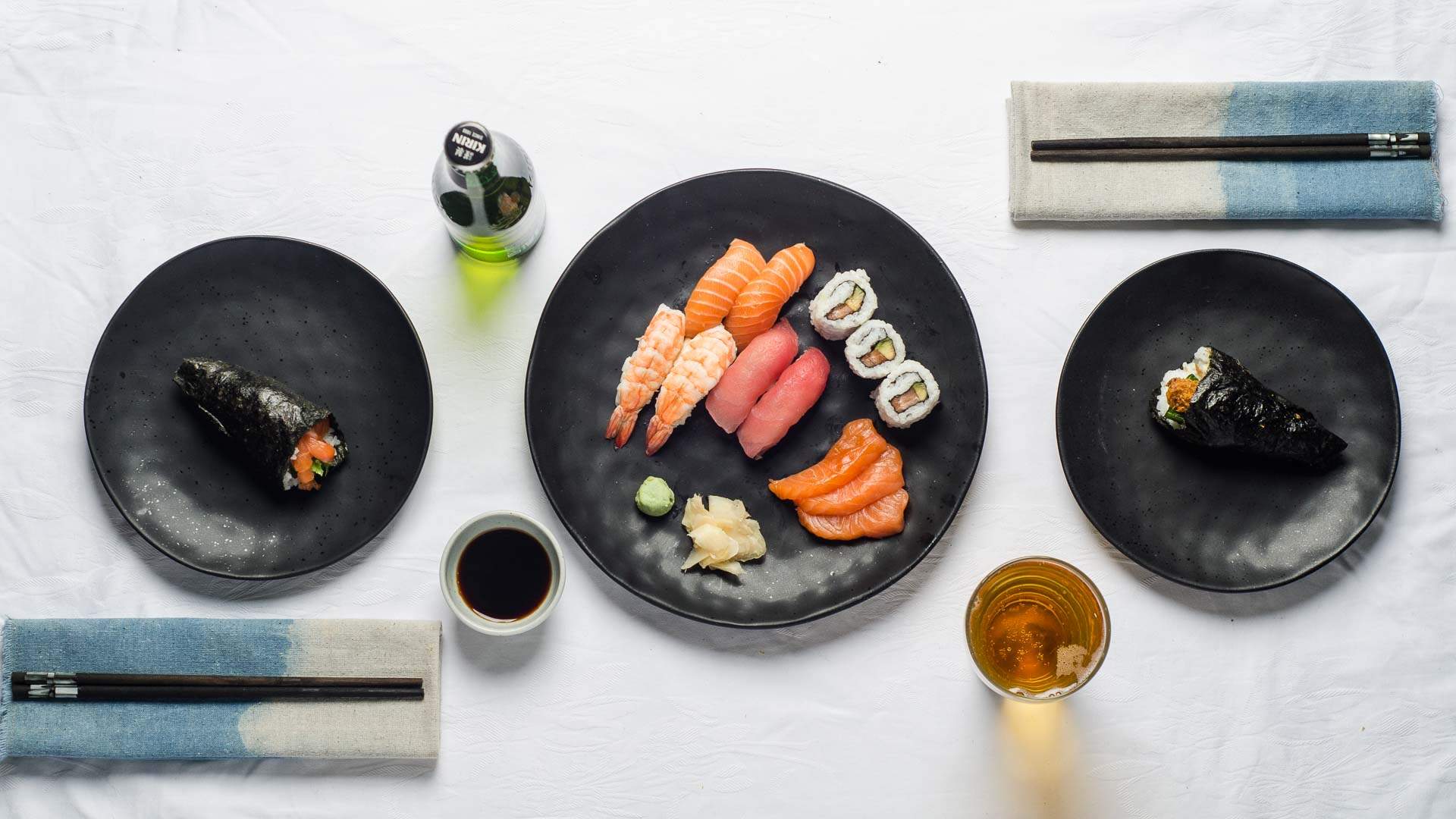
Vietnamese Noodle Soups
Chances are you've eaten a few bowls of pho in your time — but that's just the start of Vietnam's vast pool of soup varieties.
Understanding Vietnamese noodle soup is key to understanding Vietnamese culture — the evolution of pho encompasses years of history, divide, regional diversity and cultural influences. From the traditional pho that originated in the north to the Cambodian-influenced soups of the south, Vietnam has a heap of variations on the humble noodle dish. Each showcases a subtle balance of the five cardinal flavours: spicy, sweet, bitter, salty and sour — and all pair well with an ice cold brew.
Vietnamese Noodle Soups
Fun facts about
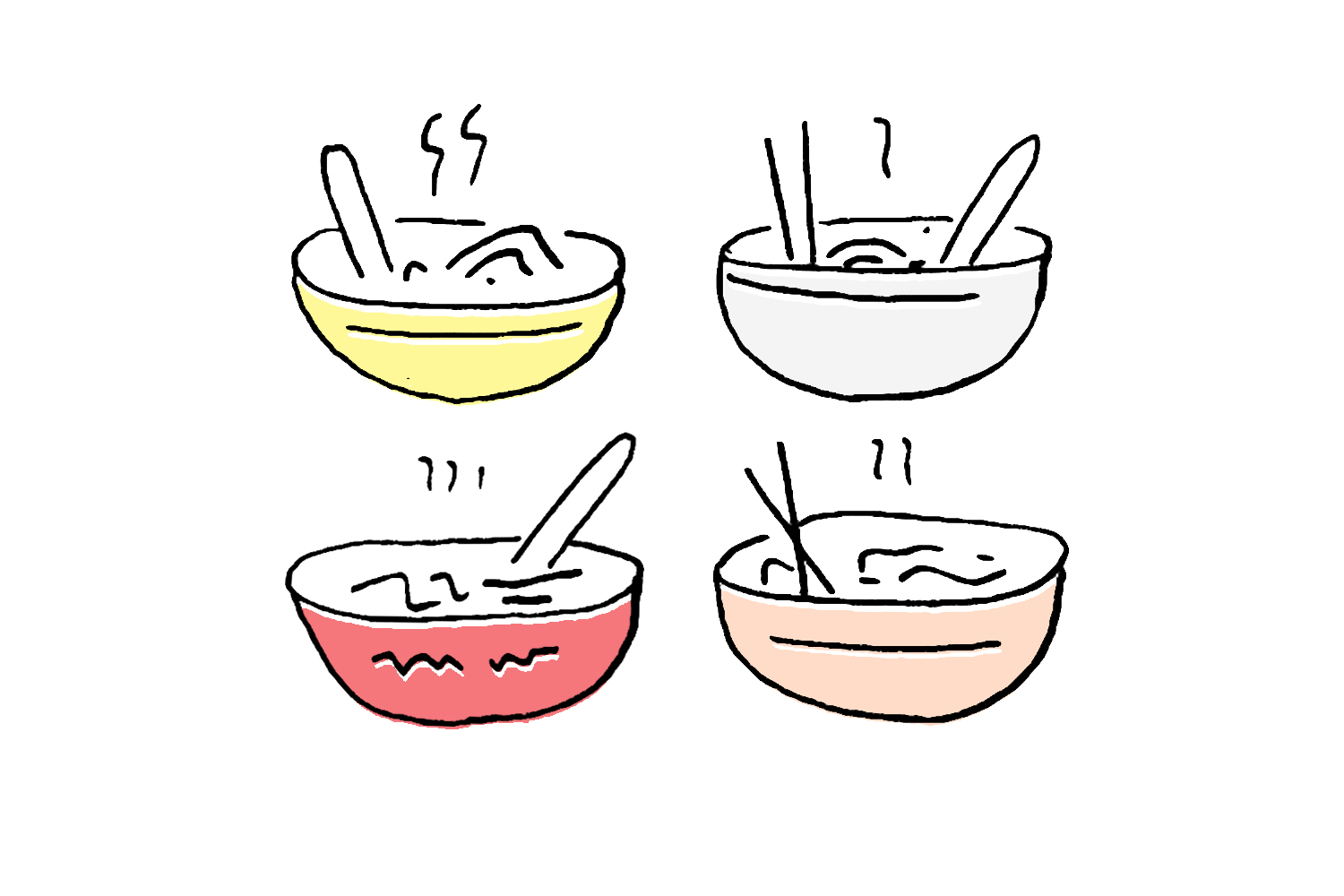
How many varieties of pho Vietnam has, each differing in broth, protein and garnish.
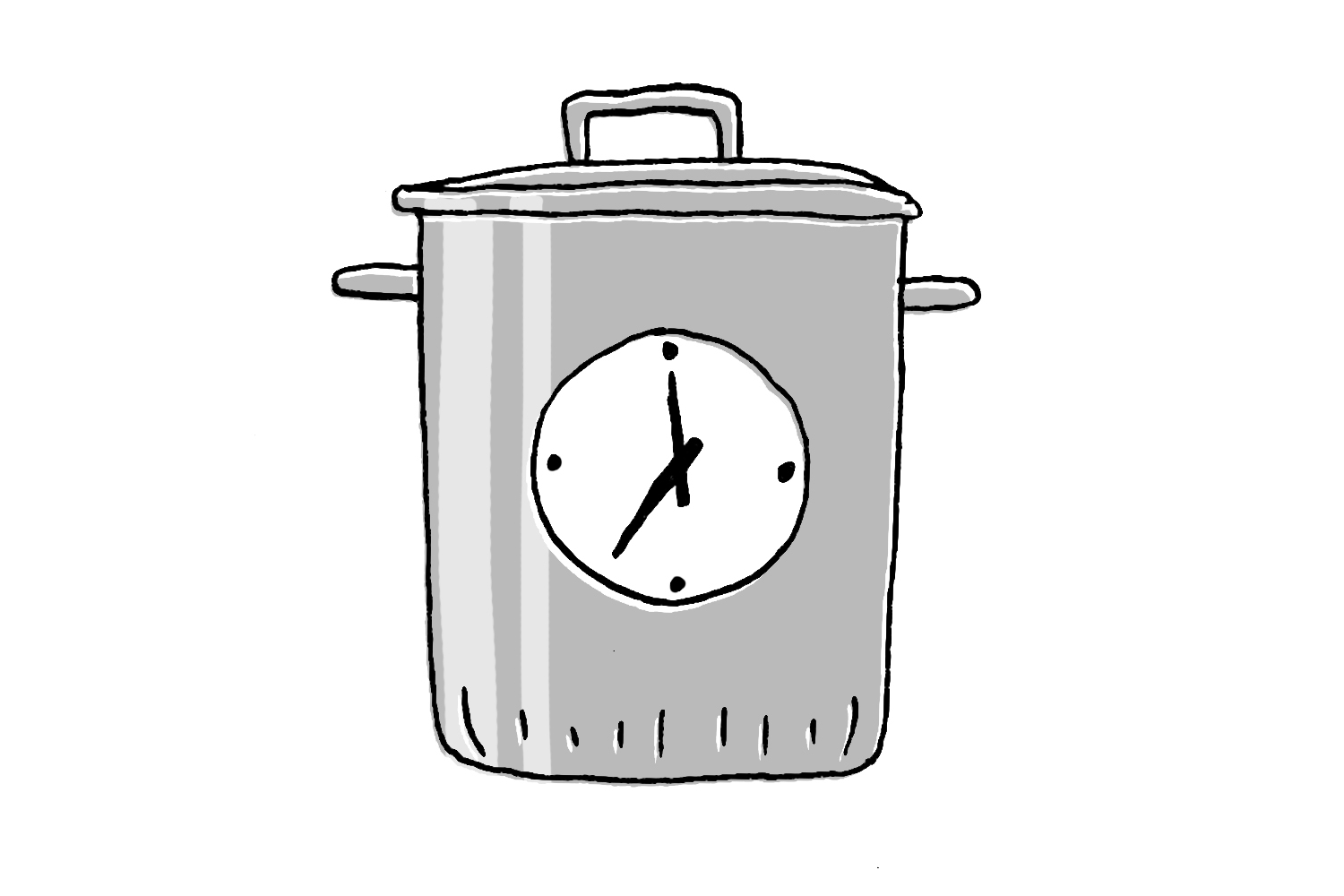
The minimum amount of time a pho broth simmers.
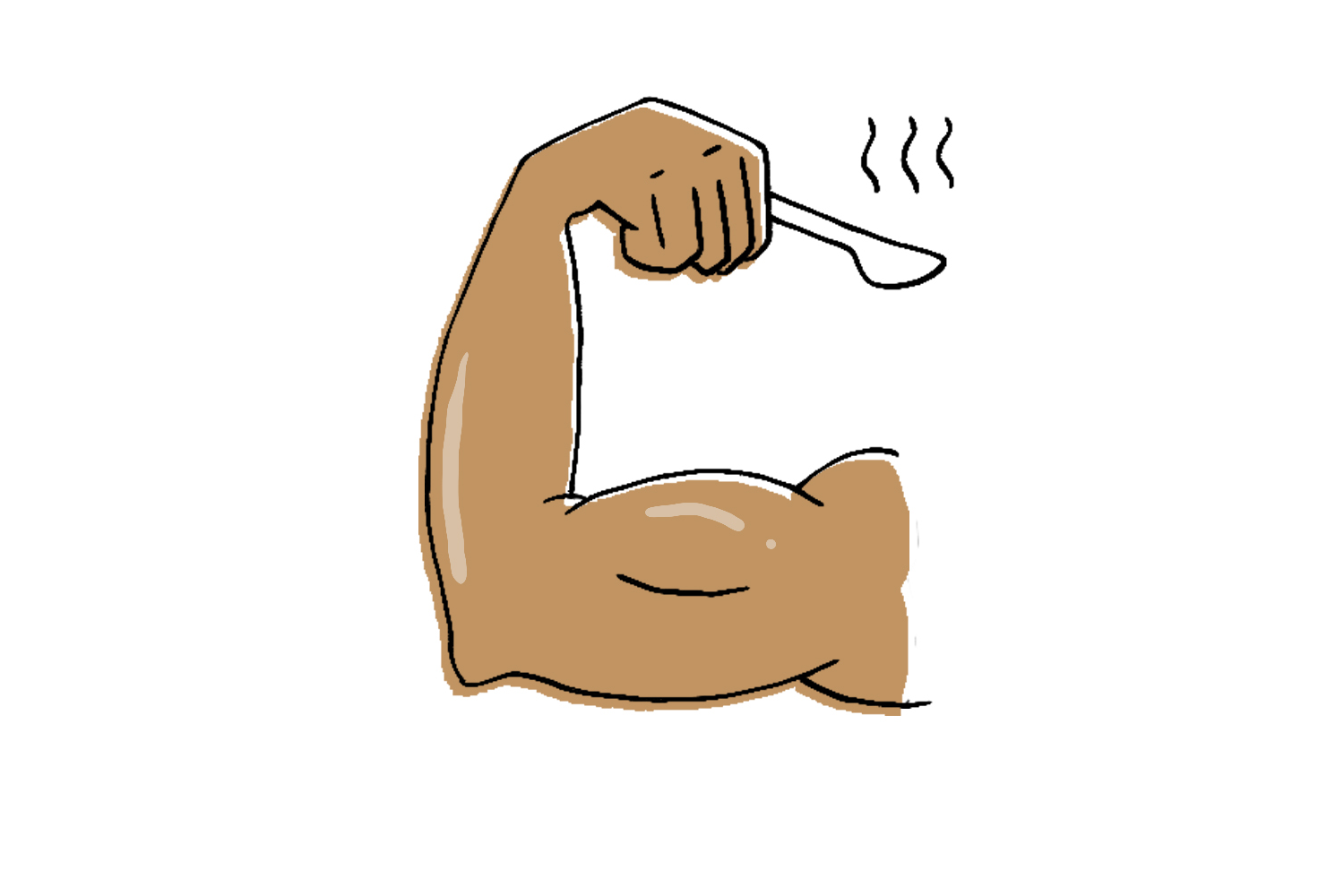
How many calories pho typically has. It also has a hearty serve of iron and protein.
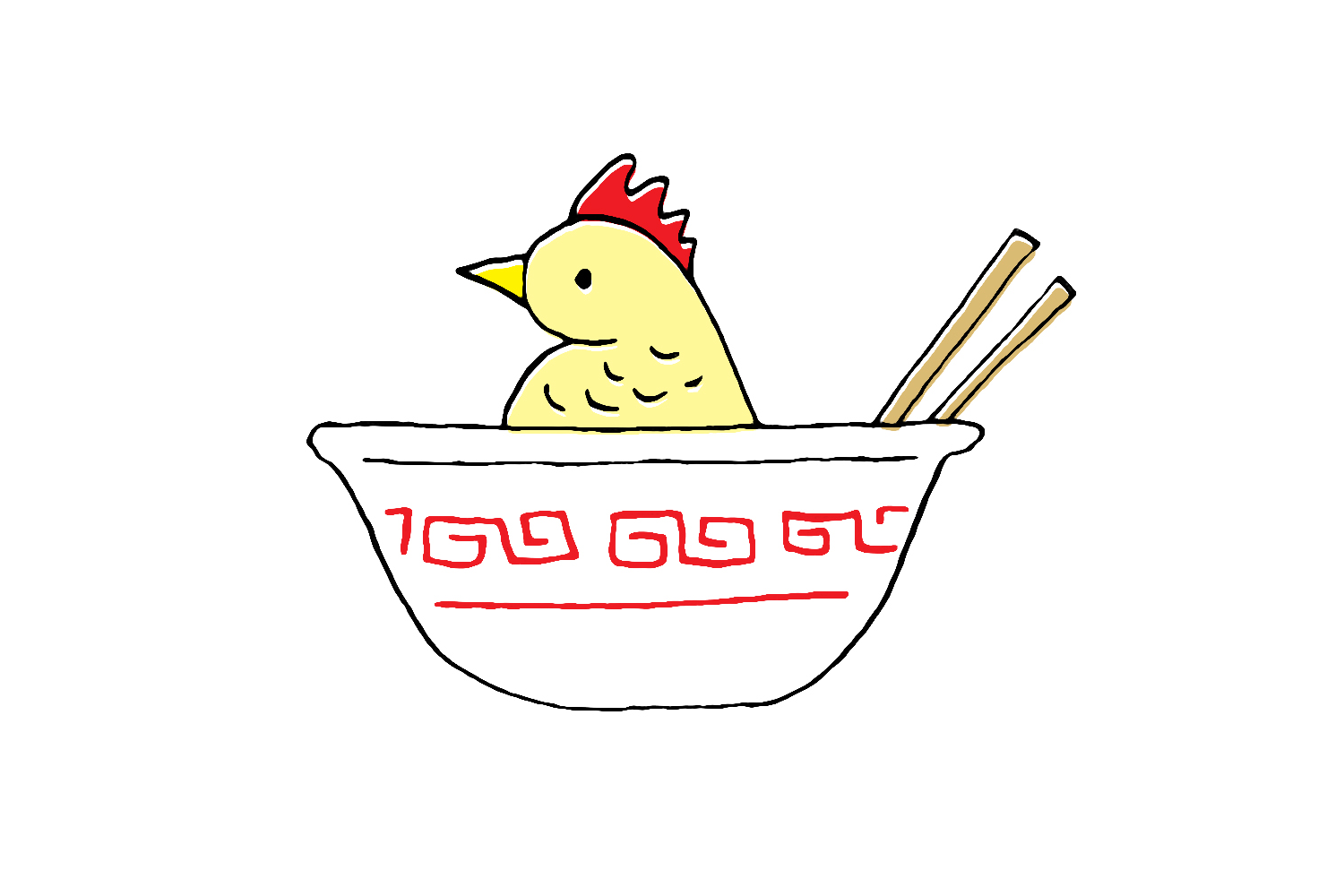
Chicken pho came about in 1939 when beef sales on Mondays and Fridays were forbidden.
A BITE-SIZED HISTORY OF VIETNAMESE NOODLE SOUP
It all started with pho. The origins of the soup are vague, but we can say with relative certainty that it originated around Hanoi (northern Vietnam) as a riff on a traditional water buffalo soup in the early 20th century after French colonisation introduced a higher demand for beef. When war broke out in 1954, the country was partitioned into North and South Vietnam. Over one million fled from the north to the south, bringing Hanoi-style pho into Saigon (now Ho Chi Minh City).
There are hundreds of varieties of Vietnamese noodle soup, but pho is Vietnam’s richest cultural export. Quite simply, there are two basic types of pho: pho bac (northern) and pho nam (southern). Simple and austere, pho bac is a steaming hot bowl of savoury broth cooked with beef bones, leg, oxtails, onion, ginger and star anise, served with flat rice noodles and different cuts of beef. Southern pho allows for the liberal addition of herbs and garnishes (including hoisin and chilli sauce) and a wider variety of protein — this is probably the type of pho you’ll be most familiar with here in Australia.
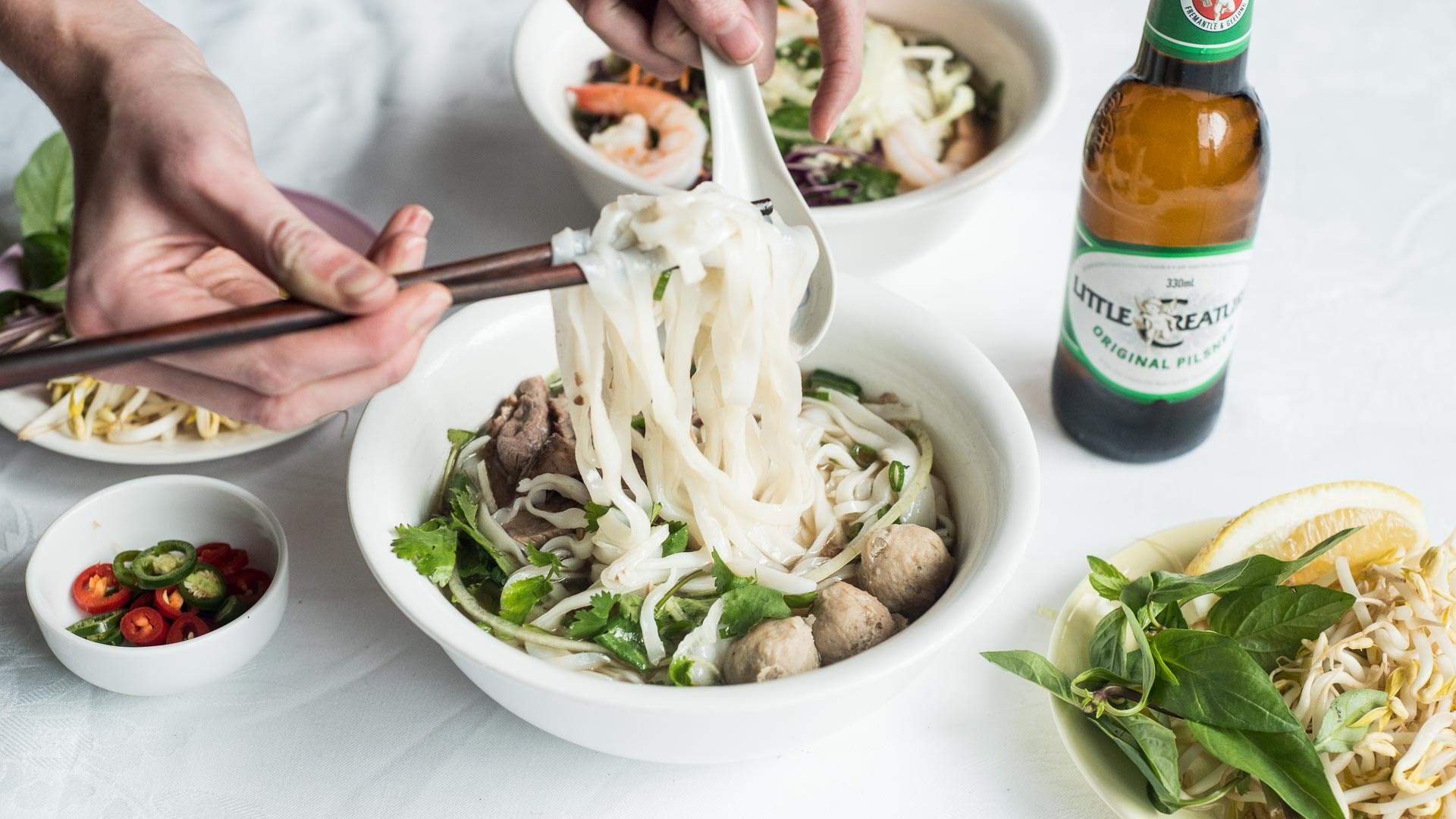
THE MANY VARIETIES OF NOODLE SOUP
As you move around Vietnam, each region boasts its signature style, making use of locally sourced herbs, spices and livestock. Here are ten standout varieties of Vietnamese noodle soup.
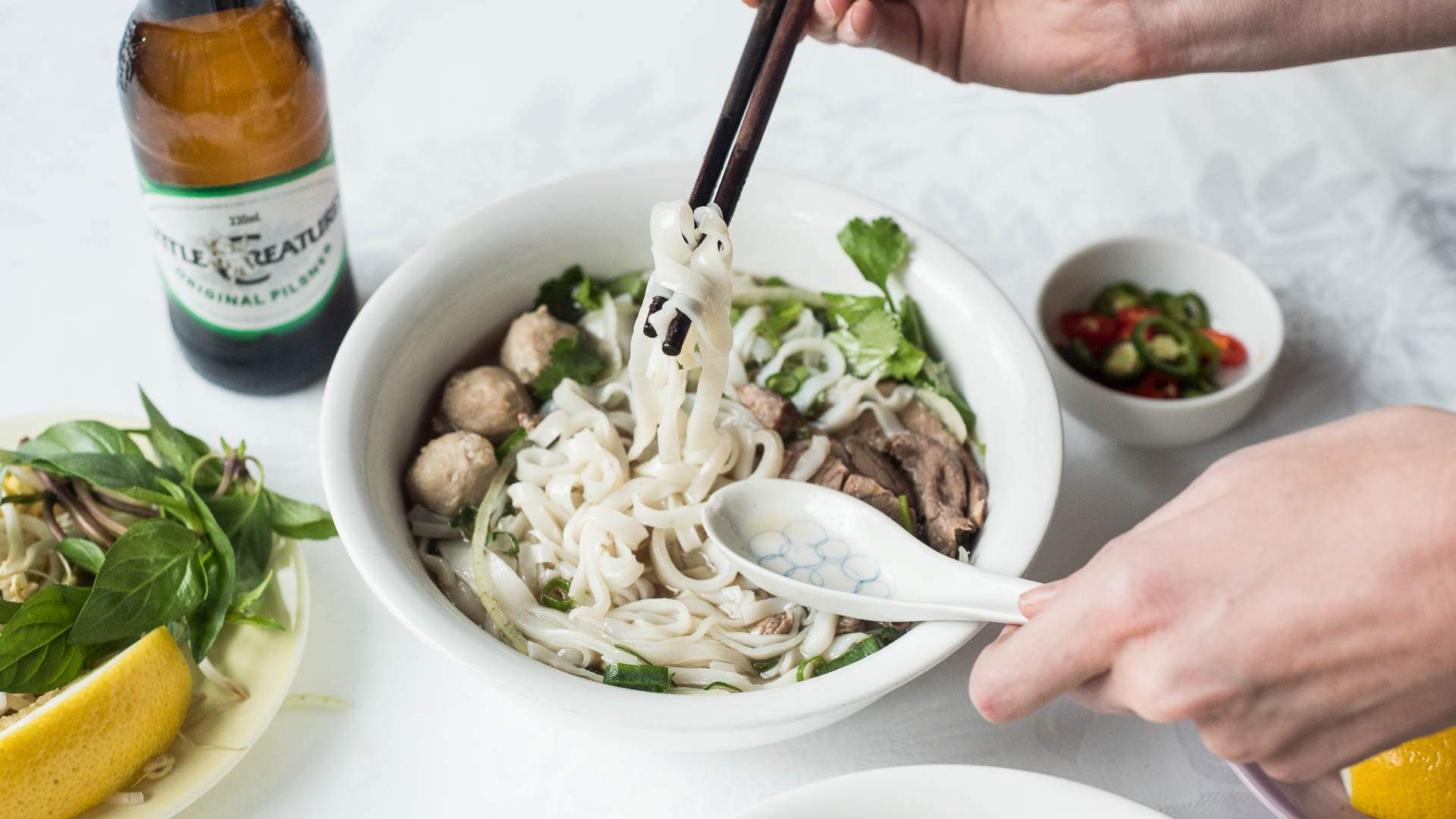
EATING ETIQUETTE
Opinions on how pho should be eaten vary considerably across regions, but mostly it comes down to personal preference. Purists will scoff at those who season their broth before tasting it. When your steaming hot bowl of pho arrives, it’s good etiquette to inhale deeply to take in the aromatics, then lower your spoon to sample the complexity of the glorious broth. If it’s not to your taste, feel free to season with a lime wedge, fresh chilli and any of the fresh herbs that have been served alongside your soup.
While hoisin and chilli sauce are often served alongside your steaming hot bowl of pho, it’s generally frowned upon to pour these directly into the broth. Instead, pour a small amount of sauce into a small bowl and dip your meat in between slurps of noodles and broth.
Slurp your soup with gusto, noodles and all. If you finish the noodles first, you’re welcome to raise the bowl to your mouth. When you’ve finished, it’s Vietnamese tradition to bridge your chopsticks over the bowl.
 A PERFECT COMBINATION
A PERFECT COMBINATION
A big bowl of soup goes down a treat with an ice-cold beer — the crispness of the beer will balance out the sweetness (or the spice) and enhance your all-round slurping experience. A Little Creatures Pilsner is light and super drinkable with seafood or pork-based soups, while a James Squire The Swindler is better for spicier serves, like bún bò Huế — as it’s a summer ale, the pear and watermelon notes will help cool your mouth and counterbalance the chilli. A lighter soup like miến gà would be well matched with a mid-strength lager like XXXX GOLD — the slight bitterness will add another level to lemongrass and ginger in the dish.
Craving more? Learn about your favourite foods in our Encyclopedia of Eats with even more beer pairings by Beer The Beautiful Truth.
Illustrations: Barry Patenaude.
Images: Kimberley Low.
Discover more eats
-
Feature
Encyclopedia of Eats: Pasta
Italian pasta. A staple that defines a nation and is loved the world over. Get to know your pappardelle from your campanelle from your farfalle.
-
Feature
Encyclopedia of Eats: French Cheese
You can never go wrong with cheese — the French have made sure of that. Up your fromage savoir-faire, from melty Pont L'Eveque to pungent Roquefort.
-
Feature
Encyclopedia of Eats: Turkish Kebabs
While kebabs may be something we recognise as an end-of-the-night snack, the history and varieties of the humble dish go far beyond a lamb sandwich with extra garlic sauce at 3am.
-
Feature
Encyclopedia of Eats: Indian Street Food
As varied as it is delicious, Indian food is a firm favourite the world over — but don't limit yourself to only curries.
-
Feature
Encyclopedia of Eats: Mexican Street Food
From tacos to tamales, sample Mexico's world-famous cuisine right here in Australia. Discover some of the best snacks to order.
-
Feature
Encyclopedia of Eats: Chinese Dumplings
Get to know China’s ten most famous dumplings, and impress the group next time you're feasting on the doughy delights.
-
Feature
Encyclopedia of Eats: Sushi
Next time you're sitting blankly at a sushi train, know your nigiri from your tamagoyaki and oshizushi.
